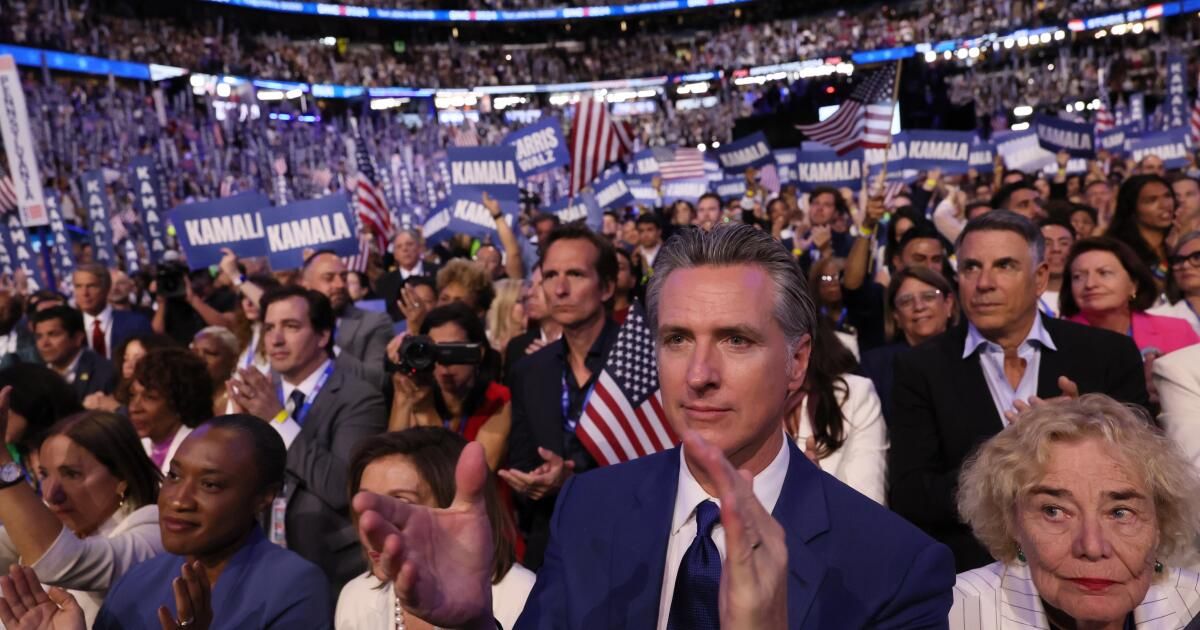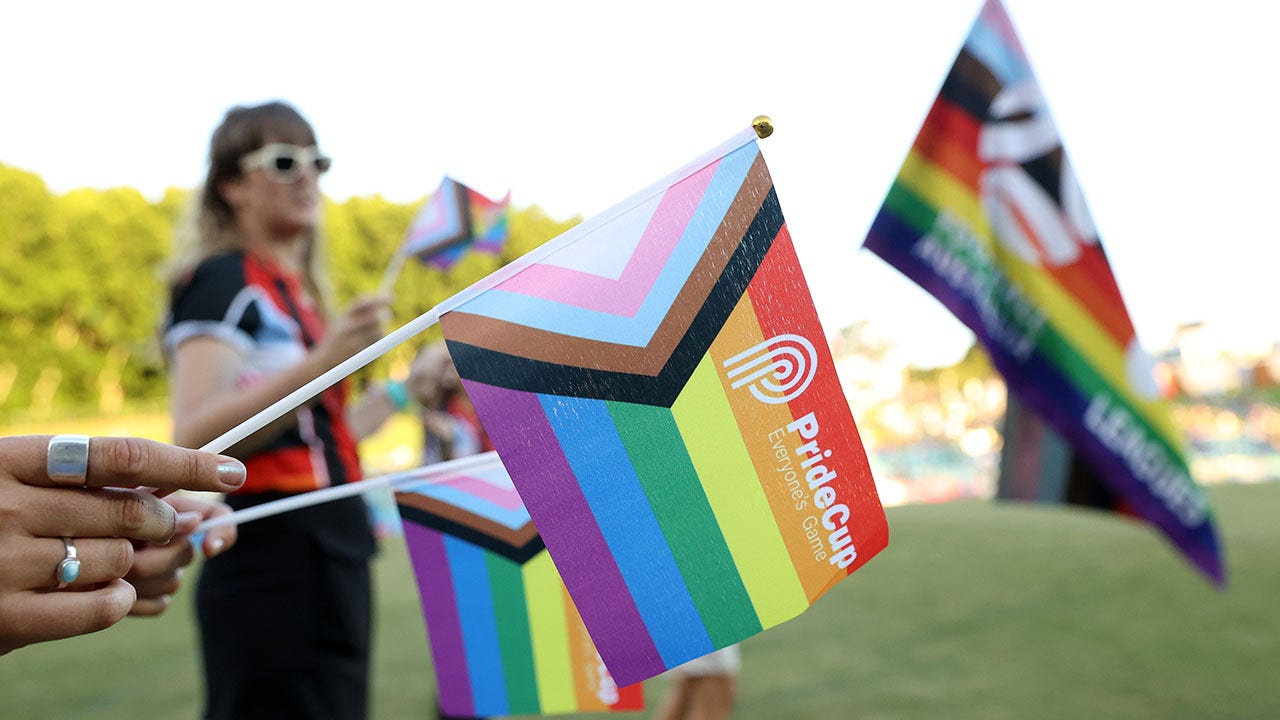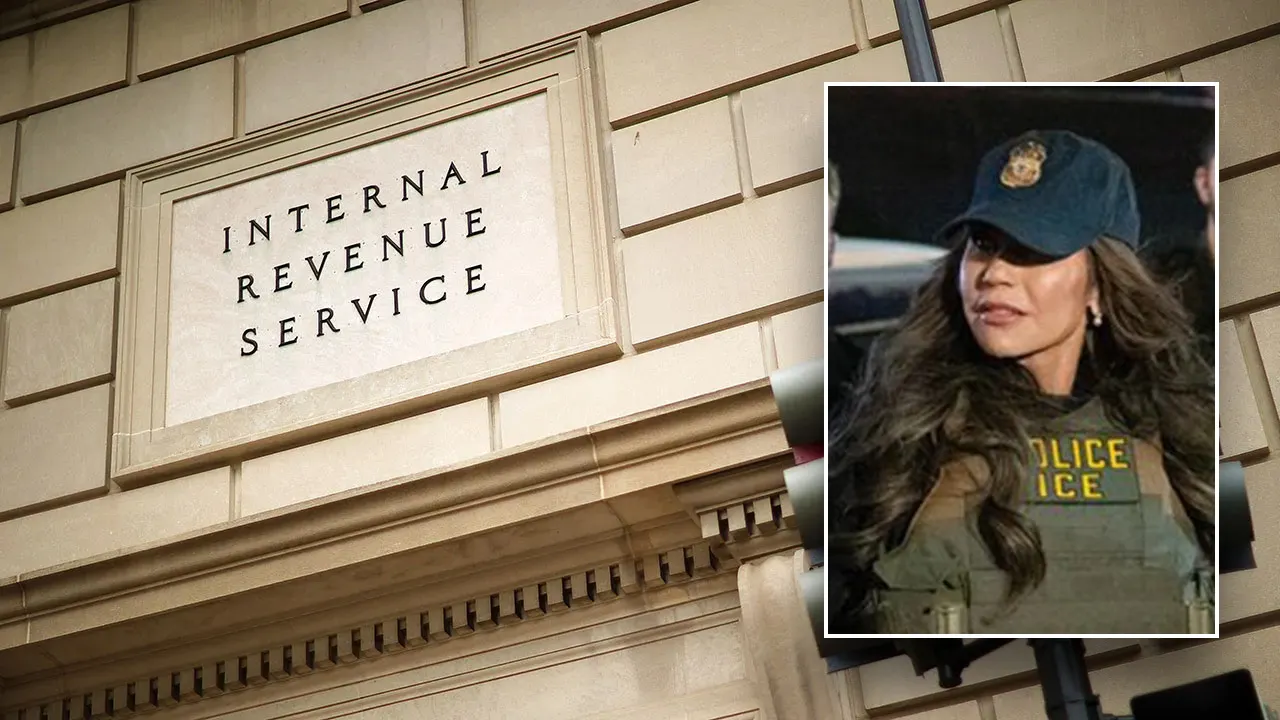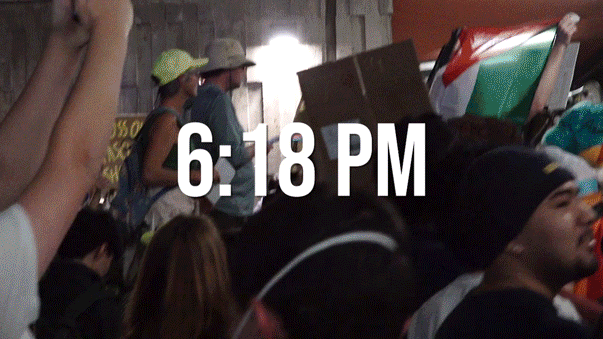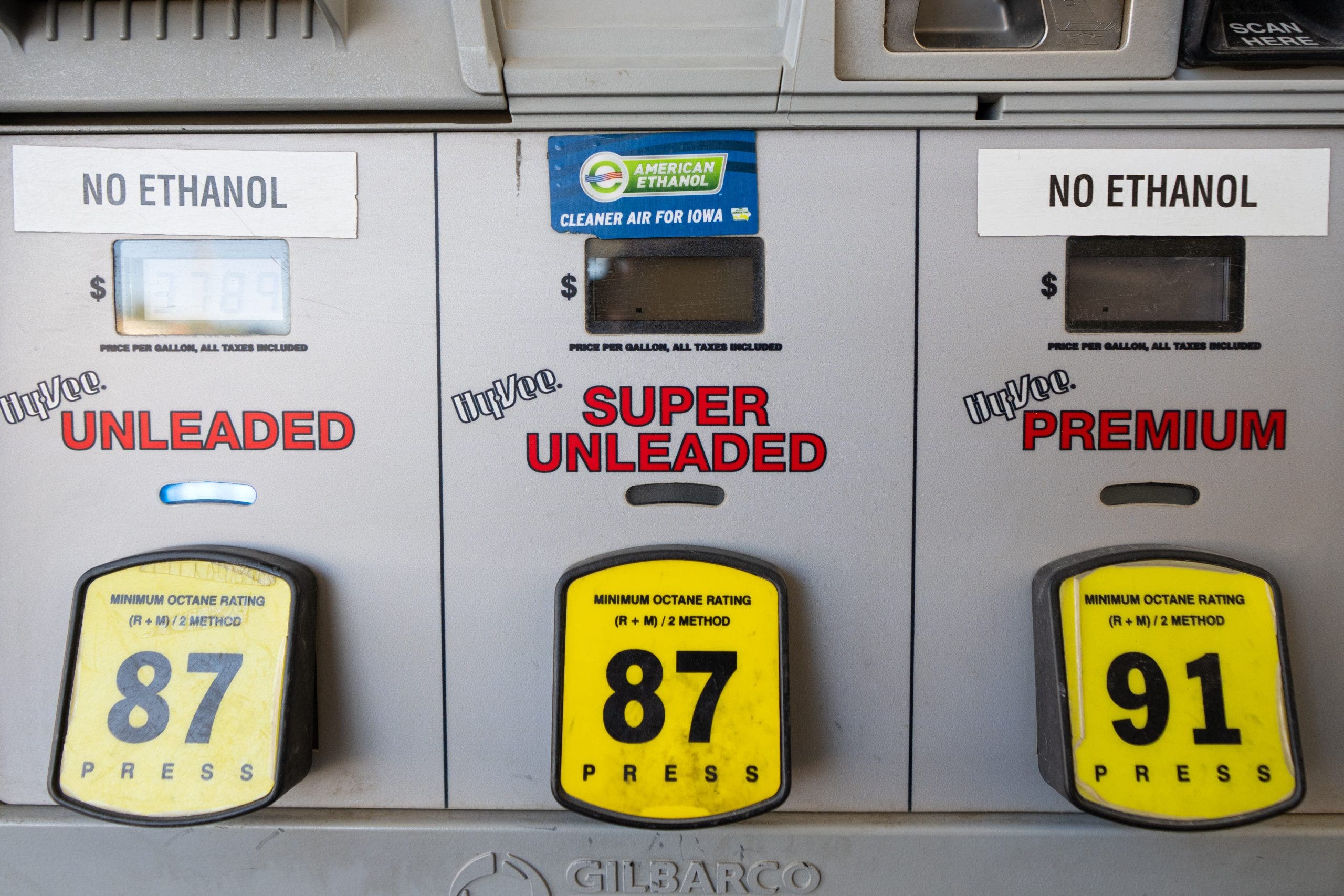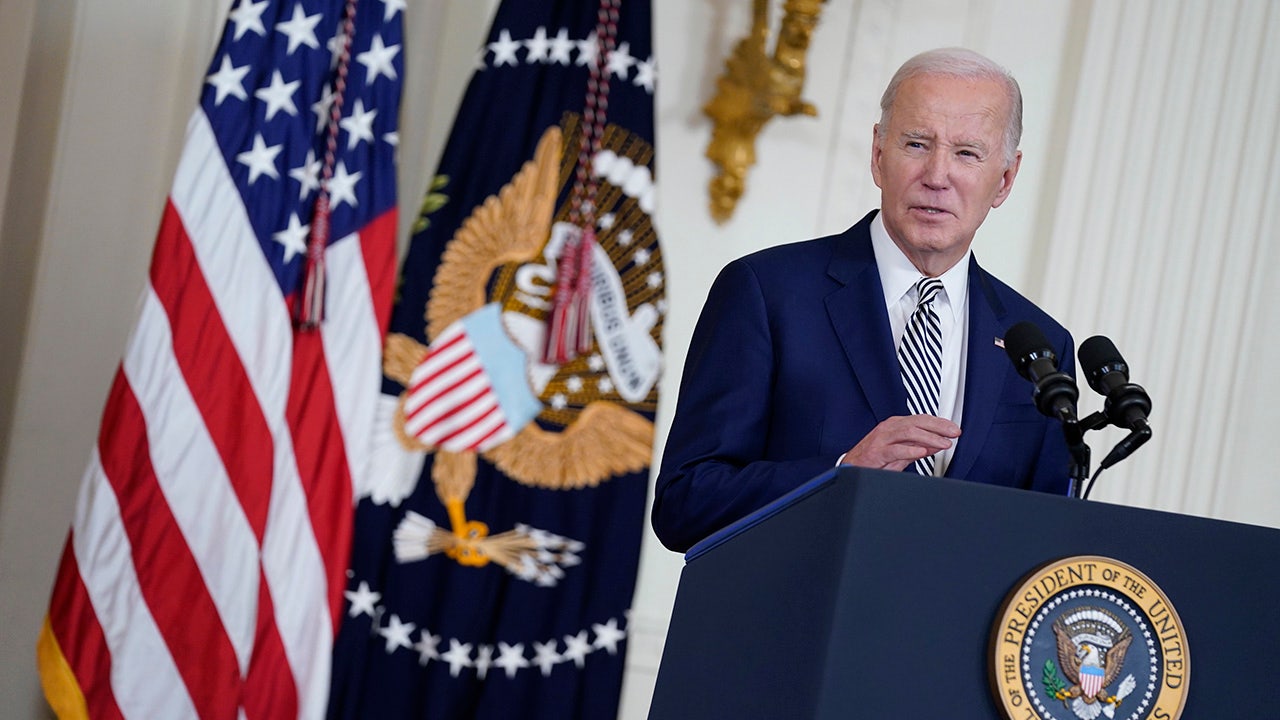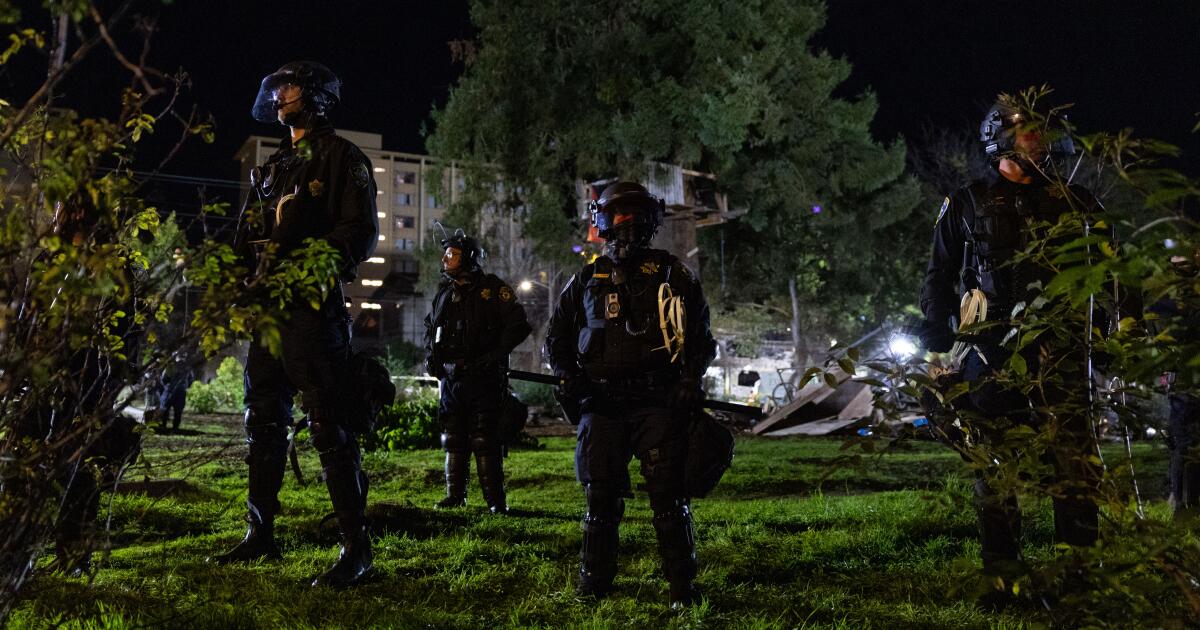The Democratic National Convention was a California love parade.
There were glimpses of its abundant natural beauty. Tupac Shakur and Kendrick Lamar contributed to the soundtrack. There were more Californians on stage than you'd see at a farmers' market on a Saturday morning in Pasadena.
For four days and nights, speaker after speaker extolled the virtues of Vice President Kamala Harris, the Oakland-born, Berkeley-raised former state attorney general and U.S. senator who now heads the party’s presidential ticket.
One glaring omission from the happy parade: Gavin Newsom.
The Democratic governor played a brief supporting role in handing the state’s delegates to the vice president in a ceremonial vote that ratified Harris as the party’s presidential nominee. (The vote that mattered had taken place two weeks earlier, in a five-day round of online voting conducted shortly after President Biden dropped out of the race.)
That was it for Newsom.
Convention organizers wanted him to kick off Monday night’s prime-time programming, but the governor declined. He couldn’t make it in time, he said. Kids are starting a new school year, he explained, though it’s not hard to imagine attending orientation and still making it to the United Center, which is less than a dozen miles from Chicago’s Midway Airport.
Also notably absent was California’s senator-in-waiting, Representative Adam B. Schiff, who, along with Newsom, is one of the most politically prominent Californians outside of Harris and Nancy Pelosi. Schiff was also offered a speaking slot, but he had a longstanding family commitment that kept him away from the convention.
One difference, of course, is that Schiff never had the strained relationship with Harris that Newsom has.
It’s no secret that the governor would very much like to be in Harris’s shoes. All week long, he wore the tight smile of a disappointed finalist — the kind of smile you see at the Oscars when they focus on the best actor nominees just before zooming out to show the winner taking the stage.
Newsom ran a campaign for president of sorts, though not really, traveling around the country to pitch his policy vision and take on red-state politicians like Florida Gov. Ron DeSantis, whom Newsom debated on Fox News. He ran television ads and put up billboards promoting himself as a supporter of abortion rights. He vigorously defended Biden, when few others could or would after the president’s appalling debate performance.
It was all in vain, except for a lot of speculation about what Newsom said. In fact up to.
The governor and vice president, both products of San Francisco political culture, have been running neck-and-neck for more than two decades. They shared many of the same donors and the same geographic base. For a time, they had the same team of campaign strategists.
Newsom told The Times' Taryn Luna that talk of a rivalry between brothers, two highly competitive and highly ambitious political aspirants, was “a stupid construct.”
But it's true.
As brothers, they both have a history of happy moments, resentments, jealousy and mutual help.
People who know both of them well said Newsom wasn’t saddened to see Harris stumble in the early stages of her vice presidency. And they said Harris wasn’t terribly upset to see Newsom forced to fight off a recall effort, though she did come to California for a homestretch rally on his behalf.
Each one is a political professional.
Newsom made the rounds of media interviews in Chicago, saying all the right things.
“You'll see a lot of me on the campaign trail” campaigning for Harris, the governor told Fox News.
“In 2028, I hope to re-elect Kamala Harris,” he said on NBC, renouncing any interest in a future presidential bid. “In 2032, I hope to be able to walk without a cane.”
It was curious, then, to hear an interview published the day after Democrats closed their doors in Chicago, in which Newsom sarcastically referred to the “30-minute” convention he gave Harris as the Democratic nominee.
“We went through a very open process, a very inclusive process,” he joked on the podcast “Pod Save America.” “It was bottom-up, I don’t know if you knew that. That’s what I’ve been told to say!”
Did Newsom blurt out what he really thought about Harris' instant rise to the top Democratic nomination? Or was the governor simply playing dumb while hanging out with podcast colleagues?
The Newsom-Harris race is over, at least for now, and it's clear who won.
If Harris is elected speaker in November, the checkmated governor’s political ambitions will almost certainly be put on hold for at least the next four years. If she loses, it’s not hard to imagine Newsom as one of many candidates in a crowded field who will take on President Trump and pledge to rebuild and revitalize a devastated Democratic Party.
In the meantime, he has a steady job: governing the most populous, diverse and unwieldy state in the Union.

